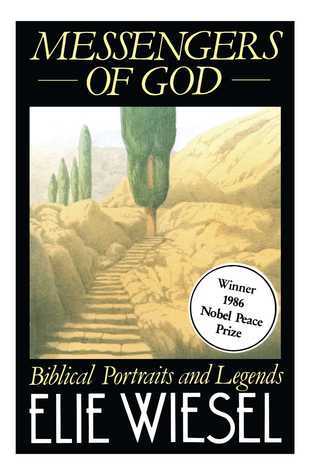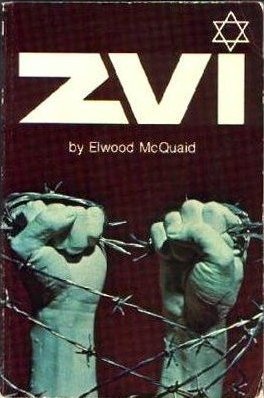
Wanderings: History of the Jews
Book Description
A tapestry of resilience and identity unfolds as the centuries shift. "Wanderings: History of the Jews" takes readers on a breathtaking journey through trials, triumphs, and the undying spirit of a people. From the ancient lands of Israel to the bustling streets of modern cities, the narrative pulses with emotion—highlighting sacred traditions and harrowing persecutions. Vivid tales of faith, cultural survival, and passionate struggle leap from the pages, illuminating a shared legacy forged in the fires of adversity. As history collides with personal stories, one question lingers: How does the past shape the future of a community striving for meaning?
Quick Book Summary
Chaim Potok’s "Wanderings: History of the Jews" offers a sweeping narrative of Jewish history, spanning from ancient origins to the modern era. Potok artfully weaves together historical events, religious evolution, and personal stories to illuminate the journey of the Jewish people. He explores the resilience, faith, and adaptability that have defined Jewish existence across continents and eras. The book delves into cultural and religious traditions, emphasizing how persecution, diaspora, and perseverance have shaped Jewish identity. Potok’s storytelling style brings to life the struggles and triumphs of the Jewish community, highlighting its profound contributions to world civilization. Through compelling anecdotes and thoughtful analysis, Potok invites readers to reflect on how historical forces shaped not only the Jewish community but also broader questions of cultural survival, identity, and continuity.
Summary of Key Ideas
Table of Contents
Resilience Amid Persecution and Diaspora
Potok opens with a vivid account of the Jewish people’s ancient origins in the Near East, exploring the formation of a distinct religious and cultural identity against a backdrop of powerful neighboring civilizations. He traces the creation of fundamental traditions, sacred texts, and rituals that would sustain Jewish cohesion during centuries of upheaval. Through stories of patriarchs, prophets, and early communities, Potok illustrates how foundational beliefs emerged and set Judaism apart, providing an anchor through turbulence and exile.
Evolution of Jewish Faith and Practice
The narrative follows the Jewish experience of conquest, destruction, and expulsion—from Babylonian captivity to Roman rule and the eventual dispersal across distant lands. Potok describes the heart-wrenching difficulties of diaspora life, where Jews adapted to survive while clinging to their faith and customs. He emphasizes the importance of ritual, communal structures, and written law in preserving identity, even as communities faced persecution, marginalization, and the constant threat of assimilation.
Cultural Contributions and Identity
Potok dedicates significant attention to the development and spread of Jewish thought. He details philosophical and religious innovations—from rabbinic interpretations and Talmudic study to mystical movements like Kabbalah. Jewish communities contributed intellectually, artistically, and economically to the cultures around them, yet often struggled with the complexities of integration and difference. Potok highlights how Jewish thinkers, merchants, and artists shaped and were shaped by their societies, resulting in a dynamic cultural legacy.
Interplay with Host Societies and Civilizations
Intertwined with historical events are individual and communal stories that echo with resilience and hope. Potok shares accounts of figures who embodied the struggle for meaning: from medieval philosophers to modern Zionists, and from everyday believers to revolutionary leaders. The narrative moves through medieval Europe, the Ottoman Empire, and the Enlightenment, examining how Jewish life was transformed by external pressures and internal renewal efforts.
Continuity and Survival Strategies
The book concludes by contemplating the persistence of Jewish identity through the 20th century, Holocaust, and the birth of Israel. Potok observes how memory, solidarity, and adaptation remained at the heart of Jewish survival. He reflects on the enduring significance of tradition, the challenge of modernity, and the ongoing tension between assimilation and continuity. The closing pages invite readers to consider the lessons of the Jewish historical experience for all peoples charting courses through adversity and change.
Download This Summary
Get a free PDF of this summary instantly — no email required.





